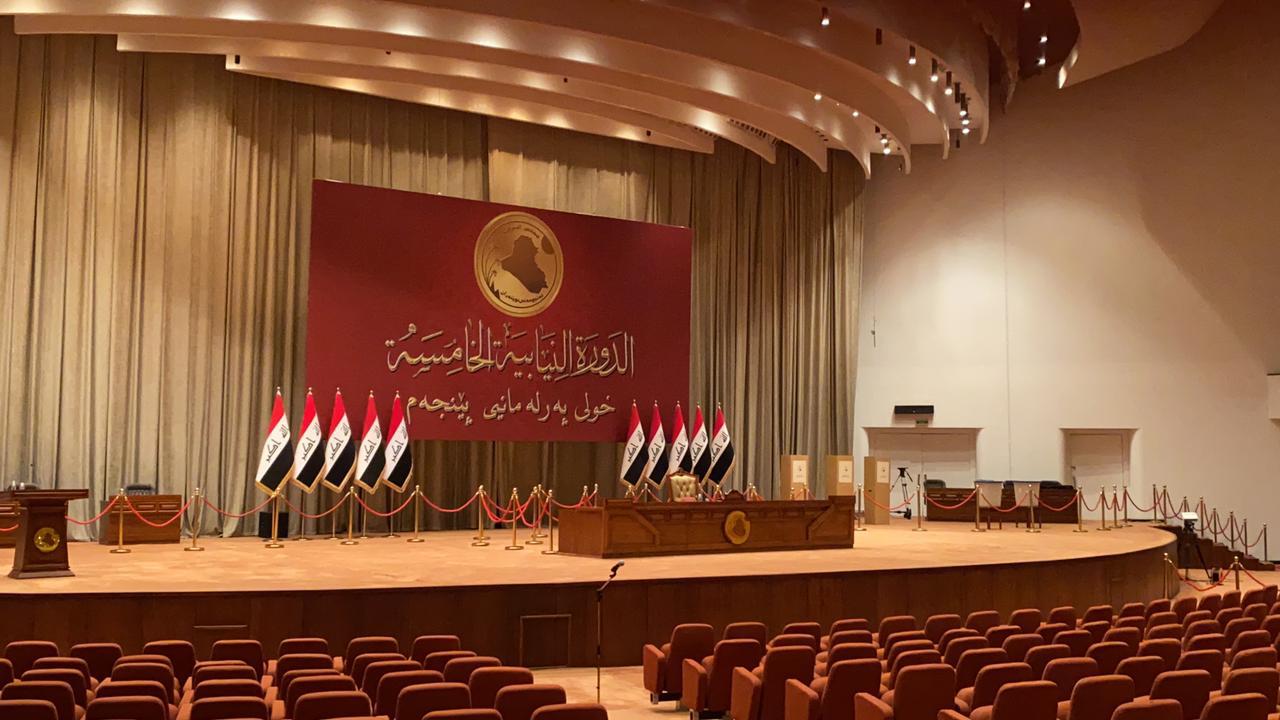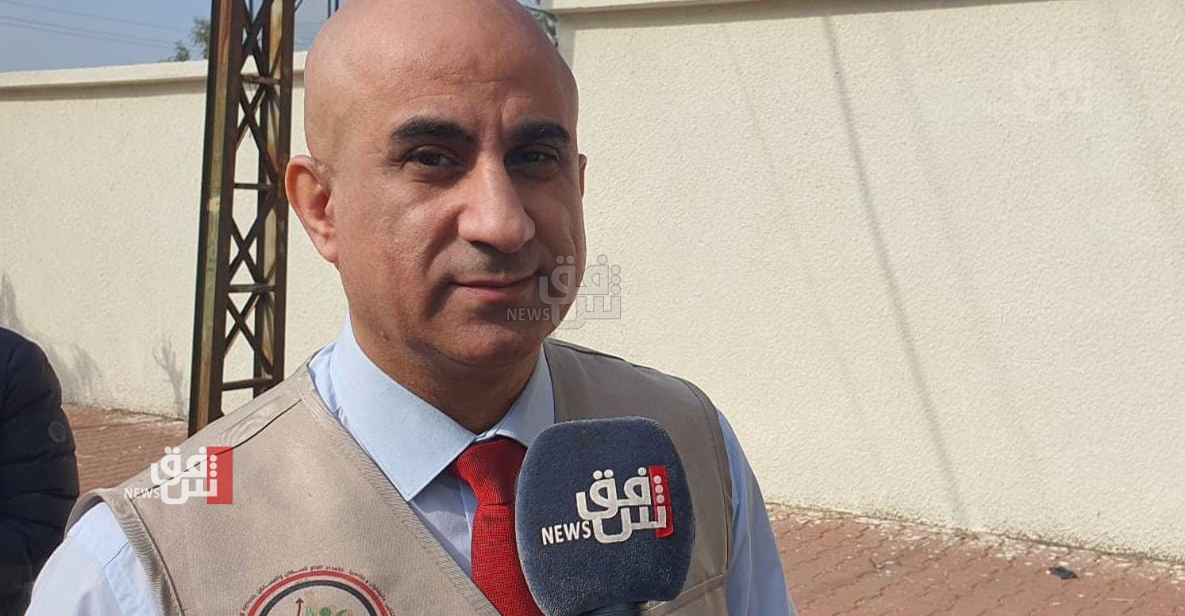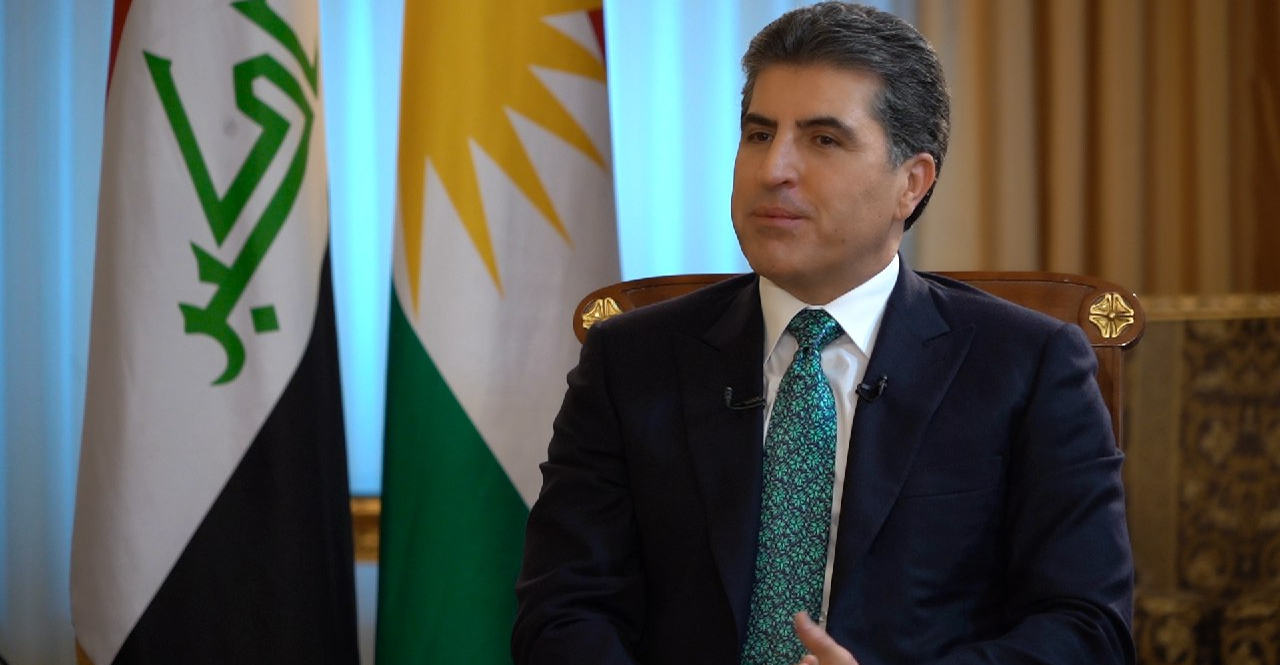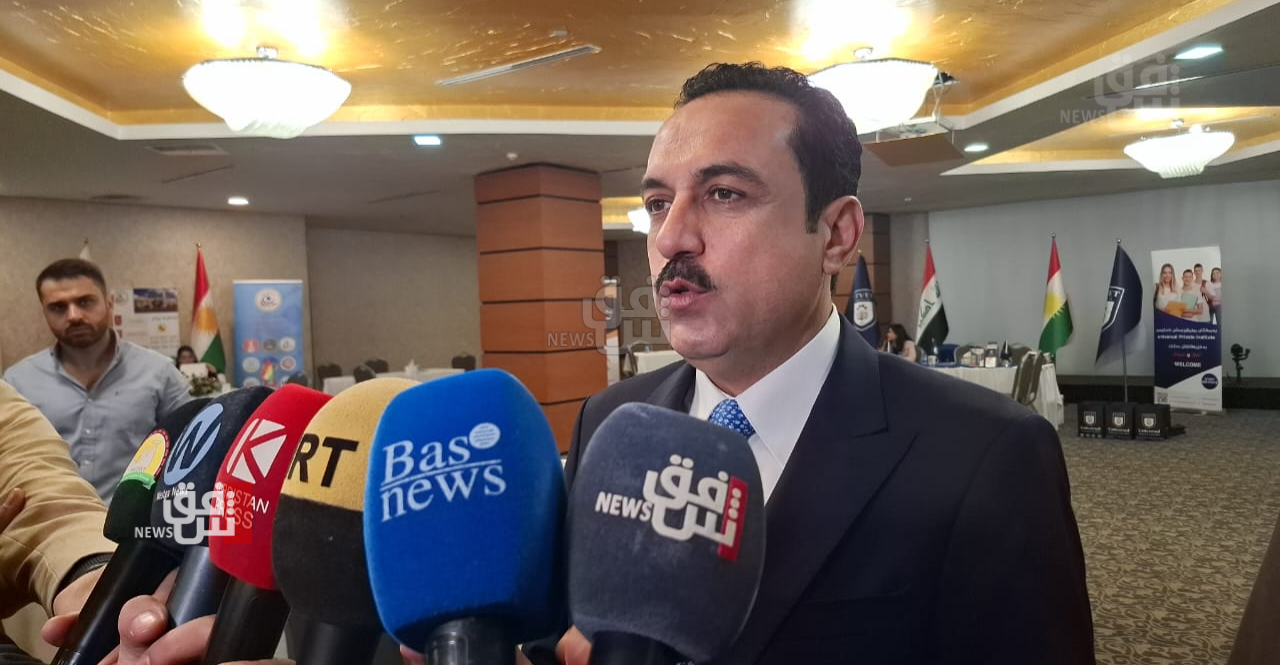As dangerous as a nuclear bomb: Why the Personal Status Law amendment sparks outrage in Iraq

Shafaq News/ The Iraqi Parliament has delayed the initial reading of a proposed amendment to the Personal Status Law, reflecting deep-seated disagreements among its members regarding one of the country's key legal frameworks. The session, led by Acting Speaker Mohsen al-Mandalawi, saw the participation of 194 deputies.
The Personal Status Law, which regulates critical family-related issues such as marriage, divorce, child custody, and inheritance, is considered one of the most progressive in the region. The proposed amendment has faced criticism for potentially undermining the progress made in personal status regulations, with opponents arguing it could have detrimental social consequences.
The Proposed Amendment
Legal expert Ahmed al-Abadi explained the specifics of the amendment, stating that it would allow couples to choose the religious sect—either Jaafari (Shiite) or Hanafi (Sunni)—they wish to follow when entering into a marriage contract.
Under the current Law No. 188 of 1959, the sect is implied rather than explicitly stated, with provisions like deferred dowry terms based on sectarian customs.
"The proposed amendment mandates that both the Sunni and Shiite endowments submit codified guidelines within 60 days of the amended law's enactment. These guidelines, containing sect-specific rules and regulations, would serve as legal references for personal status courts, effectively supplementing the current law." Al-Abadi explained.
Al-Abadi further noted that the codified guidelines must be based on the predominant opinions within the Jaafari and Hanafi sects. In the absence of a predominant opinion, guidance would be sought from the highest religious authority—Ayatollah Seyyid Ali Al-Sistani for the Jaafari sect or the Sunni Endowment's Fatwa Council for the Hanafi sect.
Additionally, the amendment addresses the legality of marriages conducted outside the court. Under the current Personal Status Law, individuals marrying outside the court are penalized. However, the proposed amendment stipulates that the court would automatically recognize marriages conducted by religious figures or within the endowments without penalties.
The proposal also includes amending Article 57 regarding child custody. The amendment modifies the custody arrangement and gives priority to the mother for child custody in divorce cases. However, the court has the authority to select the most suitable parent for custody based on specific criteria.
When making custody decisions, the judge considers several factors, including the child's right to choose which parent to live with upon reaching the age of 15. Medical assessments may also be requested to ensure the child's best interests are served. If neither parent is deemed suitable for custody according to Iraqi law, the court may grant custody to a qualified guardian. Additionally, in some cases, the court may decide to place the child in state-run residential institutions for children.
Critics argue that these changes could increase sectarianism, divorce rates, and the legitimization of extrajudicial marriages, raising concerns about the potential erosion of the law's progressive nature.
Opposition from Lawmakers
The Iraqi Communist Party warned on Wednesday against voting on the proposed amendment to the Personal Status Law during the parliamentary session, labeling it as a reinforcement of sectarianism and division.
MP Shabal Hassan Ramadan previously cautioned against altering a provision in the Personal Status Law that grants child custody to mothers, describing such a change as more dangerous than a "nuclear bomb."
The current Iraqi Personal Status Law No. 188 of 1959 grants custody to mothers based on Article 57, which states, "the mother has the right to the custody and upbringing of the child."
However, MP Mohammed al-Khafaji, a member of the parliamentary legal committee, expressed frustration over the opposition to the amendment, particularly regarding Article 57 on child custody.
He argued that the amendment seeks to achieve justice and protect families from disintegration amid rising divorce rates.
In turn, MP Noor Nafea expressed strong opposition to the proposed amendments, stating that the current law is exemplary both regionally and nationally. "Any attempts to amend the Personal Status Law are unjust. Many countries aspire to reach the level of Iraq's Personal Status Law, yet we are repeatedly surprised to see amendments included in the parliament's agenda."
Nafea said "As a representative for both women and the broader community, I spearheaded the collection of signatures to remove the amendment from the session's agenda. "The required number was 25 signatures, but I managed to collect more because this amendment would increase divorce rates, support marriage contracts outside the court, and deepen sectarian divisions within society," she added.
Unjust to Women
Esraa Tareq, head of the "Hiya" (Her) Foundation for Cultural and Media Development, strongly criticized the proposed amendment.
"The amendment is unjust to women and strips them of their most basic rights, such as the right to inherit property and full inheritance shares for daughters," Tareq told Shafaq News Agency.
"It legitimizes child marriage, reducing the legal age from 18 to 9 years, and does not address the issue of temporary marriages."
Tareq argued that the amendment would exacerbate gender inequality by allowing men to withhold financial support from their wives if they do not comply with their demands.
"Depriving women of alimony and other rights turns them into mere objects, while men become their masters. This amendment would set us back to pre-civilization times," she said.
"Moreover, the amendment fails to address how it would impact other religions, further proving its unacceptability to civil and women's groups as it aims to dismantle rather than protect the family structure."
"One of the reasons for the potential increase in divorce rates is the rise of temporary marriages, which this amendment essentially legitimizes, giving legal cover to acts far removed from women's dignified rights."
She continued, "The amendment promotes child marriages, lowering the legal age to 9 years, meaning girls in the third grade could be married off, robbing them of their right to education and life choices."
Tareq emphasized the detrimental impact of child marriage on young girls, questioning whether a girl of nine years old is capable of forming and caring for a family.







